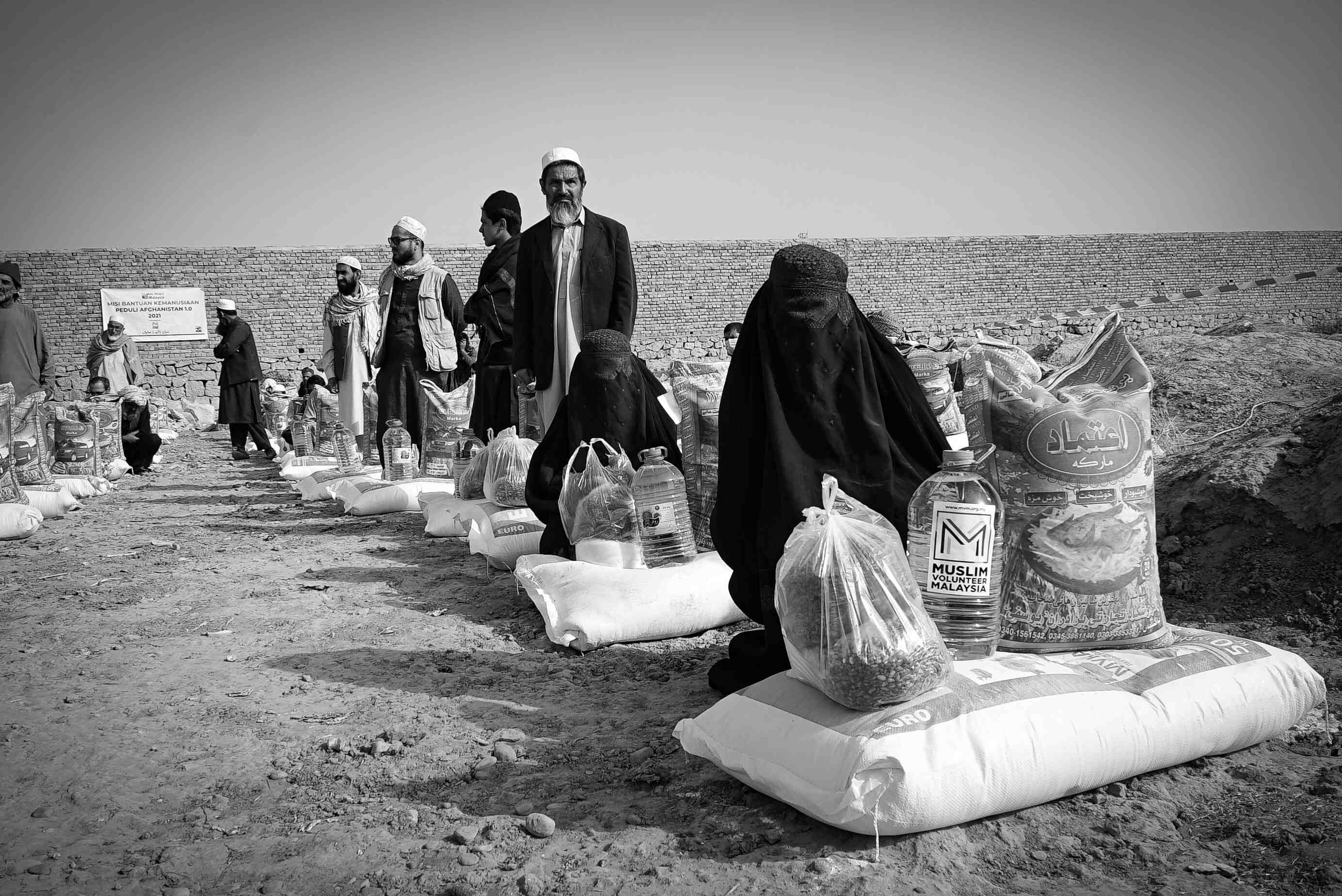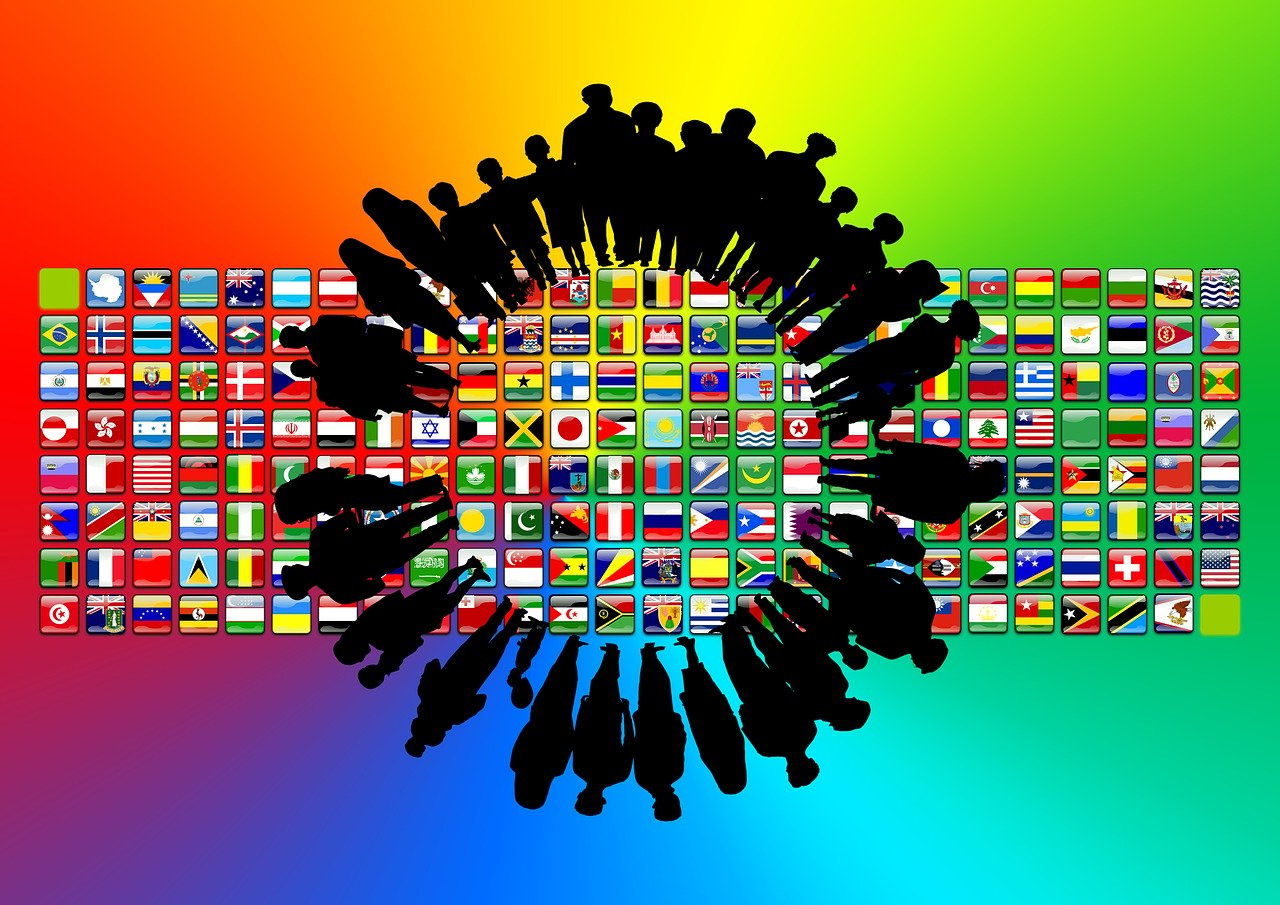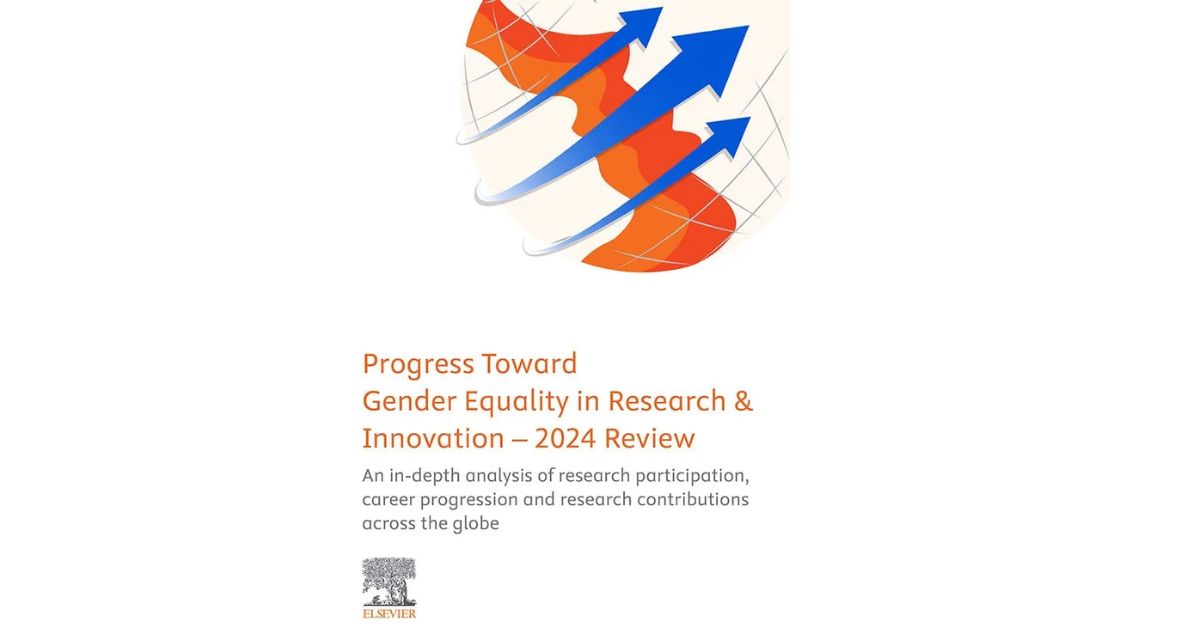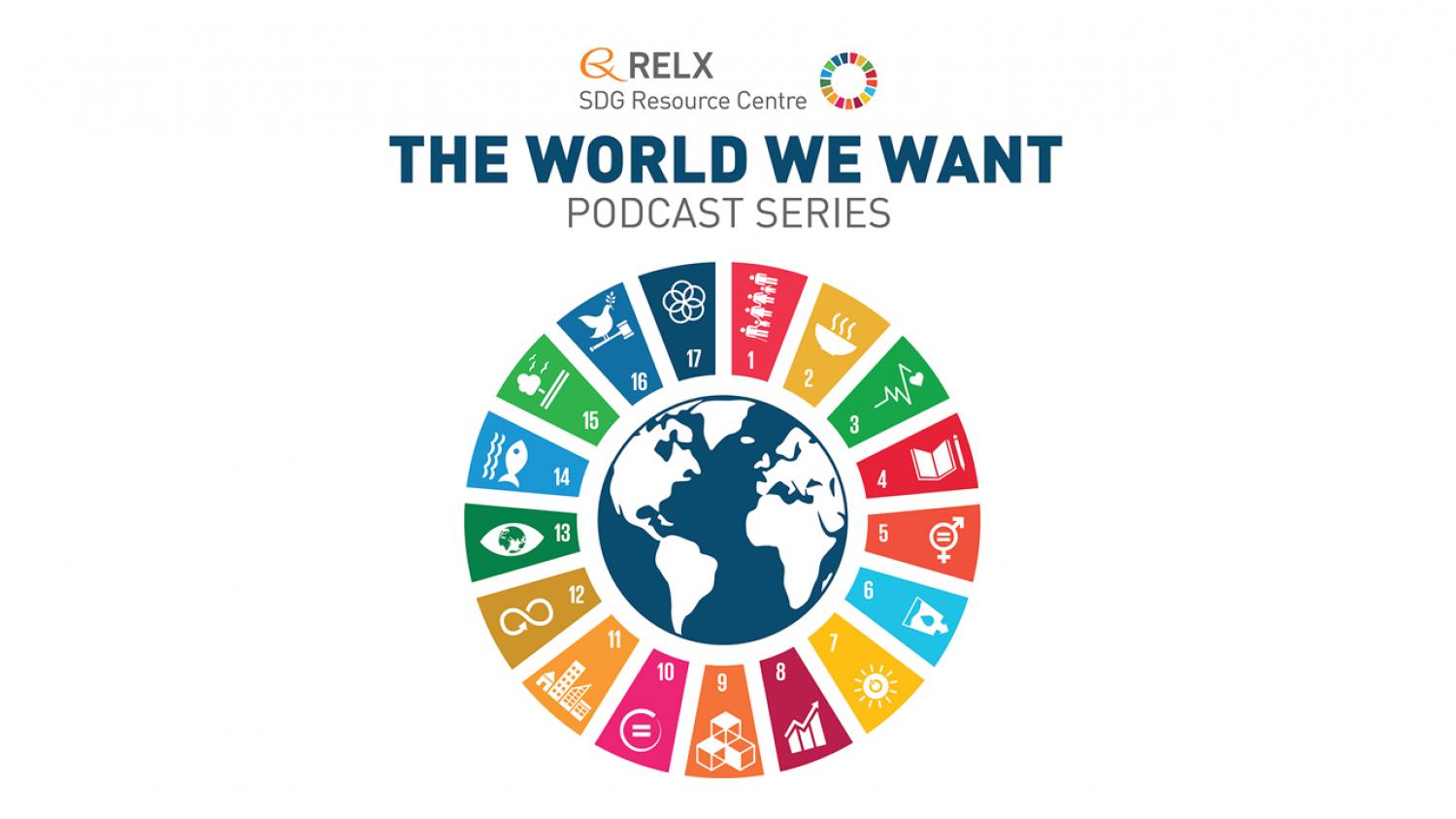World Humanitarian Day 2025
World Humanitarian Day is an international day dedicated to recognizing humanitarian personnel and those who have died working for humanitarian causes. Designated by the United Nations General Assembly, this day honors the efforts of those who risk their lives in the service of others. Observed on August 19th, it commemorates the tragic loss of Sérgio Vieira de Mello, the then Special Representative of the Secretary-General to Iraq, and 21 of his colleagues in the bombing of the UN Headquarters in Baghdad.
2026's World Population Day: Addressing Global Challenges
Celebration and Recognition
World Population Day is observed annually on July 11th to raise awareness about global population issues. In 2026, this day will highlight critical topics such as family planning, gender equality, poverty, maternal health, and human rights.
Origin and Global Involvement
2025's Nelson Mandela International Day: Celebrating Unity and Service
Celebration and Recognition
Nelson Mandela International Day is celebrated annually on July 18th, Mandela's birthday, honoring his legacy and the values he stood for. In 2025, this day calls upon individuals worldwide to dedicate 67 minutes of their time to community service, reflecting the 67 years Nelson Mandela devoted to fighting for social justice.
Origin and Global Involvement
Responsible Artificial Intelligence Re-engineering the Global Public Health Ecosystem: A Humanity Worth Saving, 2024, pp 215-243
This content aligns with Goal 3: Good Health and Well-being and Goal 9: Industry, Innovation, and Infrastructure by considering the public health opportunities presented by artificial intelligence, as well as the need for more inclusive representation in key public health topics.
May 2024
Asia-Pacific Journal of Oncology Nursing, Volume 11, Issue 5, May 2024, 100448
This article describes the development and pilot testing of a mobile health-delivered storytelling intervention to increase cervical cancer screening among Malawian women living with HIV. The intervention was found to be feasible, acceptable, and more effective than printed materials alone in encouraging women to undergo screening.







